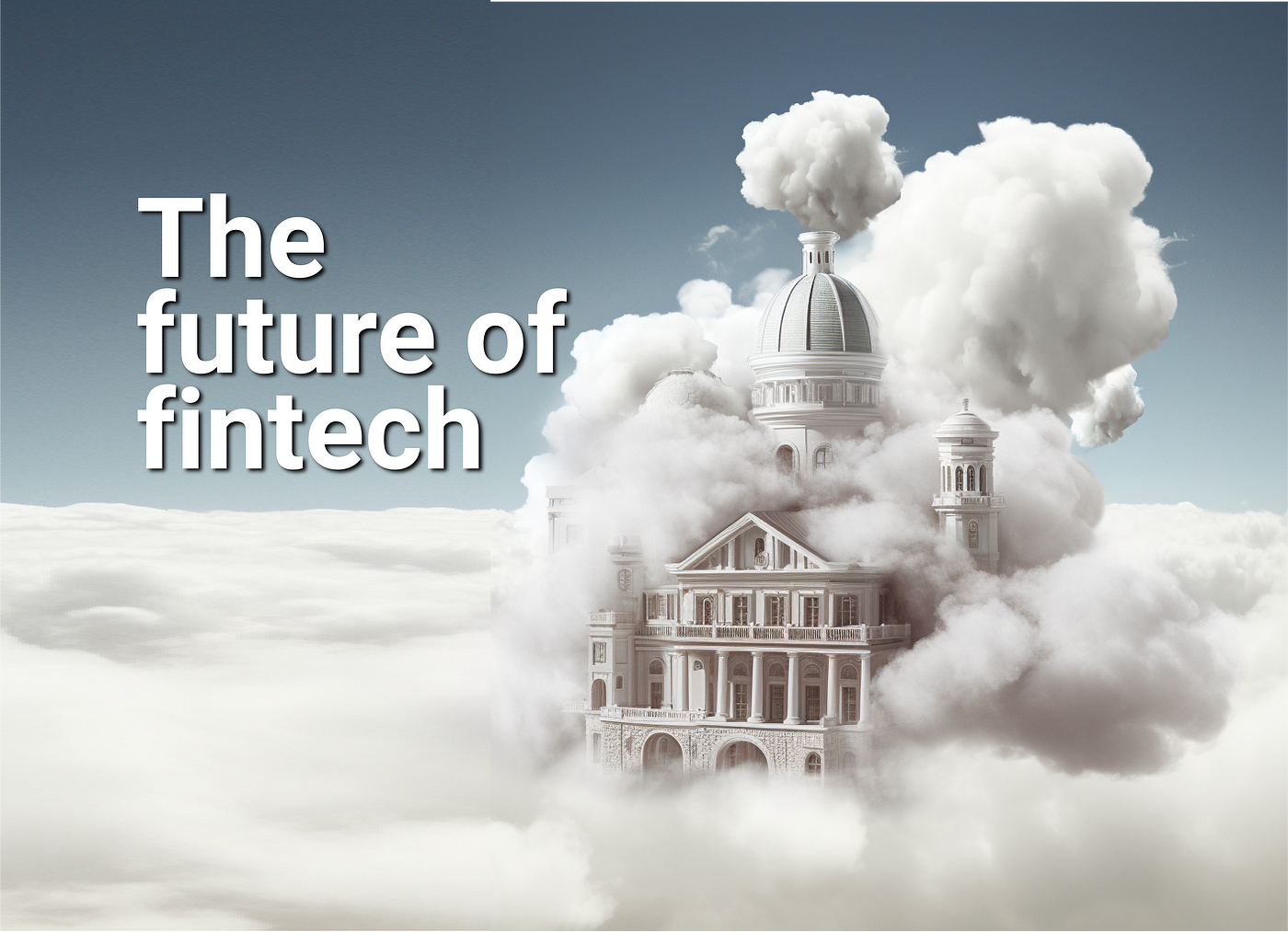
My blog the other day about asking what’s going to change is the wrong question was inspired by the quote from Jeff Bezos and this report from Team8: an unconventional view of the future of fintech https://team8.vc/rethink/fintech/2030-and-beyond/
They delve into three areas:
What won’t change? What do we believe are the ‘immutable physical laws of the financial services universe’? And how do we think those laws will shape fintech moving forward?
What (likely) will change? What trends in fintech seem likely to continue or even accelerate? What opportunities will come out of those trends?
What could change everything? Where might we be wrong? What long-shot predictions for the future of fintech, if they came true, might change everything?
In short summary, here are their conclusions:
What Won’t Change?
- Convenience Always Wins
- You Can’t Fight City Hall
- Cycles Always Turn
- Financial Services Are Local
- Incumbents Aren't Going Anywhere
- Fraud is Omnipresent in Financial Services
I would add that banks will always be banks and financial exchanges will always be regulated by a licensed intermediary. What license will be the question. I guess that relates to You Can’t Fight City Hall.
The other one is that it is the customer experience and expectation that should be the focus, which is why Convenience Always Wins. If you cannot deliver the customer experience and expectation, you lose.
The debatable area here is Financial Services Are Local. Really? We’ve been globalising finance for the past two decades – universal banking, platformification, ecosystems and all that stuff. I kind of disagree with this view. Do you?
What (Likely) Will Change?
- Bank Tech Gets an Upgrade
- Embedded Finance Spreads Out
- Rebundling & Orchestration Are Local
- Interoperability Across Countries
- New Infrastructure to Build Upon
- Fintech Finally Comes to B2B
- Power to the Customer
- B2C Fintech Pivots Toward Lending
- Big Tech Barges In
- Compliance Becomes a Competitive Differentiator
Doesn’t Interoperability Across Countries conflict with Financial Services Are Local … or maybe not. I think what the report was getting at is that regulatory oversight will always be national or regional, rather than global, but that technology can connect all of us globally. Fair enough point.
Re Fintech Finally Comes to B2B, I’ve been blogging about this for a while. In fact it’s wider than this. Fintech comes to everywhere. Corporate, commercial and investment banking; private banking and wealth management; corporate insurance and reinsurance; and so forth. It’s no longer B2C.
And then this one intrigued me: Compliance Becomes a Competitive Differentiator. What did they mean by that. Well, here’s the summary paragraph:
Compliance is transforming from a check-the-box exercise to a strategic imperative. For banks that provide banking-as-a-service capabilities, robust regulatory compliance is now a must-have if they hope to land quality fintech partners.
I like this observation as it is really true. Banks that can curate the ecosystems will win.
What Could Change Everything?
- Climate Concerns Reset Incentives in Financial Services
- Generative AI Radically Transforms Banks’ Cost Structures
- Financial Services Becomes Fully Immersive
- Consumers, Businesses, and Governments Adopt Digital Identity
- Consumers Choose Self-Custody Over Centralisation
Well, anyone who’s been reading my blog will realise that climate is a big are of focus (just read Digital for Good); Generative AI is already radically changing bank cost structures (just read Intelligent Money); embedded and immersive finance is emerging already; and decentralised finance is already taking over from centralised finance (also discussed in depth in Intelligent Money). The only point that won’t change everything is digital identity, as we’ve discussed it for decades and no-one has ever been able to crack it. Anyone disagree?
Anyway, it’s a nice report and worth a read. Download it here.
Chris M Skinner
Chris Skinner is best known as an independent commentator on the financial markets through his blog, TheFinanser.com, as author of the bestselling book Digital Bank, and Chair of the European networking forum the Financial Services Club. He has been voted one of the most influential people in banking by The Financial Brand (as well as one of the best blogs), a FinTech Titan (Next Bank), one of the Fintech Leaders you need to follow (City AM, Deluxe and Jax Finance), as well as one of the Top 40 most influential people in financial technology by the Wall Street Journal's Financial News. To learn more click here...

